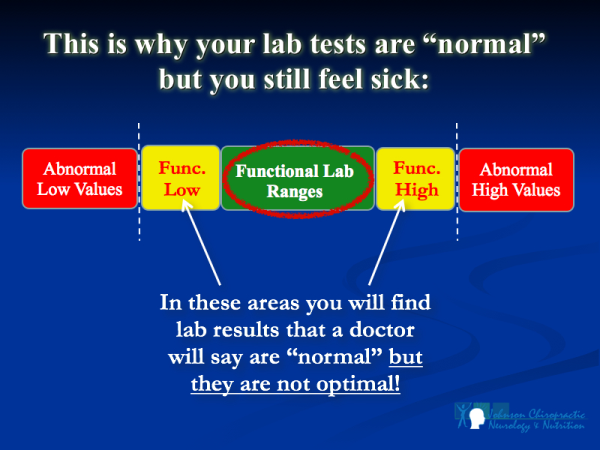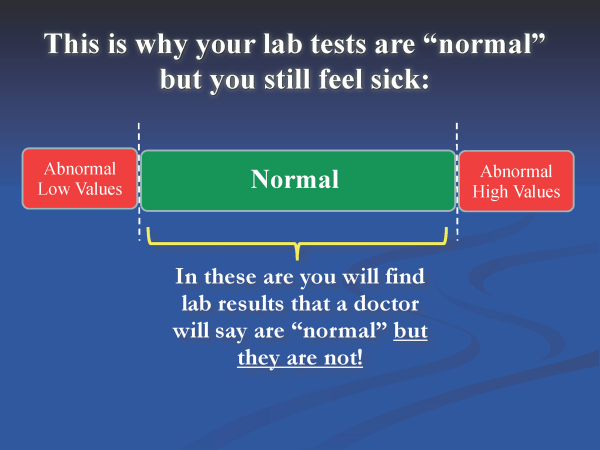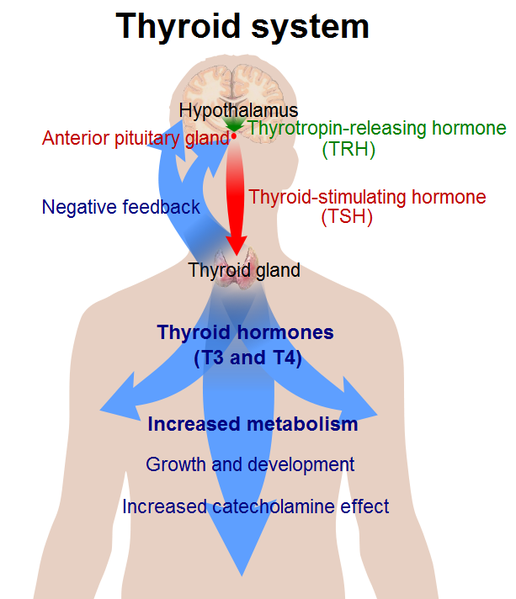
problems with conversion of INactive Thyroid Hormone T4 to active thyroid hormone t3 can cause symptoms and signs of hypothyroidism
Thyroid hormones play a crucial role in regulating your body's metabolism and is essential for brain development in infants. The thyroid hormones exist in two main forms: thyroxine, also known as T4, and triiodothyronine, or T3. T4, with its 4 iodine atoms, transforms into T3 when one iodine atom is removed, resulting in a potent hormone that drives cellular functions. This conversion mainly occurs in the liver and the gut.
T3 emerges as the dominant thyroid hormone, boasting 7-10 times more potency than its T4 counterpart. As T4 acts as the precursor thyroid hormone, paving the way for T3 to become the active thyroid hormone, a fascinating process unfolds when an "opposite mirror-image" iodine is detached from T4, giving rise to reverse T3, also known as RT3.
Reverse T3, or RT3, plays a fascinating role in the thyroid system by acting as a natural brake for the body's functions. While T3 typically fuels our bodily processes, there are instances, such as during critical illness, where it's beneficial for the body to curb its activities. Factors like stress, extreme dieting, low serum iron levels, cortisol deficiencies, and diabetes can trigger an uptick in RT3 production. This intricate mechanism showcases how the thyroid system delicately balances acceleration and deceleration to support overall health and well-being.
If individuals exhibit normal T4 levels alongside low or diminished T3 levels, it raises concerns about a potential thyroid hormone conversion issue. The thyroid gland primarily secretes thyroxine, also known as T4, with a smaller amount of triiodothyronine, or T3, being produced as well. The conversion of T4 to T3 accounts for the majority of T3 production. However, various factors can impact this conversion process, which will be explored further in this post.
Read More
Topics:
Hypothyroidism,
T4,
T3,
thyroid hormones,
stress,
Low Thyroid Symptoms,
Hypothyroidism Symptoms,
Reverse T3,
Stress Hormones,
Unhealthy Gut,
Healthy Gut,
gut dysbiosis,
Thyroid hormone conversion,
Pro-Inflammatory Cytokines
A research study published in December 2012 sheds some light on a phenomenon we see quite often …
A patient has elevated TSH but normal T4 and T3.
Read More
Topics:
TSH,
insulin resistance,
T4,
T3,
hypothyroid,
pre-diabetes
If you've been reading my blog for a while you know I have revealed the fact that the number-one cause of hypothyroidism is an autoimmune thyroid [1]. Based on the number of medically managed hypothyroid patients who have sought my care for their numerous persistant health challenges, thyroid hormone replacement alone does not address the underlying cause of Hashimoto's (autoimmune thyroid). Too many patients who only utilize thyroid hormone replacement therapy may never feel the way they truly desire. It's a shame and that's why I am dedicated to helping patient's with autoimmune thyroid improve their health with my unique blend of natural methods.
Read More
Topics:
Hypothyroidism,
autoimmune,
Hashimoto's,
TSH,
thyroid,
autoimmune thyroid,
T4,
T3,
Immune System,
TH1,
TH2,
TPO Ab,
TBG Ab
Previously on this blog I explained the number one cause of hypothyroidism in the United States is an autoimmune thyroid condition. I also explained some of the mechanics about how the immune system becomes unbalanced and attacks the thyroid or other body parts. Further explanation is warranted. Far too many people are suffering with afflictions and they need help. Perhaps this article will help them find answers.
Read More
Topics:
Hypothyroidism,
autoimmune,
Hashimoto's,
TSH,
thyroid,
autoimmune thyroid,
T4,
Immune System,
TH1,
TH2,
TPO Ab,
TBG Ab
This is the everyday struggle a majority of thyroid patients face. They work with doctors who discount their ongoing thyroid symptoms because their lab values are normal.
Read More
Topics:
Hypothyroidism,
TSH,
thyroid,
T4,
Dr. Karl R.O.S. Johnson,
thyroid lab ranges,
DC,
Shelby Township
Have you been told your two main thyroid blood markers (TSH and T4) are normal, yet you suffer with suffer with a laundry list of thyroid symptoms? This scenario is extremly common. It makes you wonder if you truly have a thyroid problem.
Read More
Topics:
Hypothyroidism,
Dr. Karl R.O.S. Johnson DC,
TSH,
T4,
LGS,
thyroid hormones,
stress,
leaky gut syndrome,
LPS








